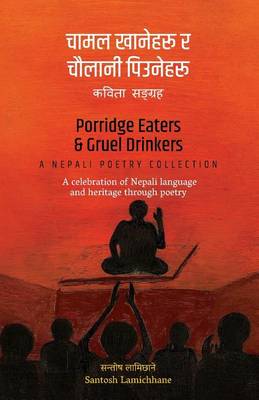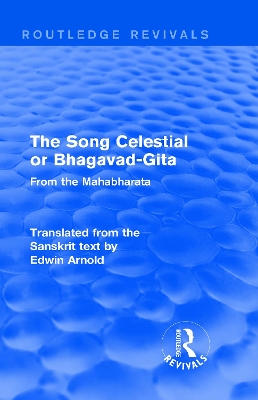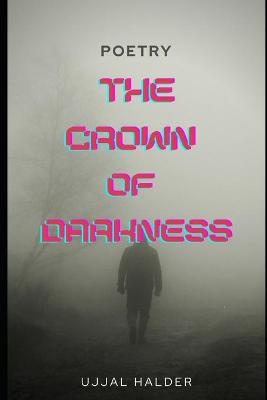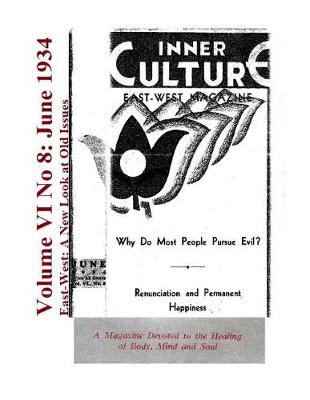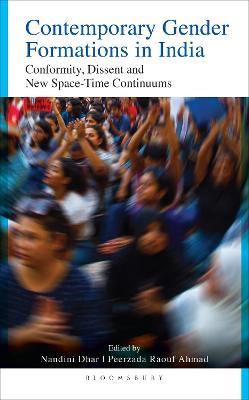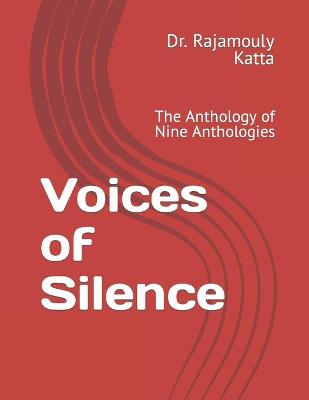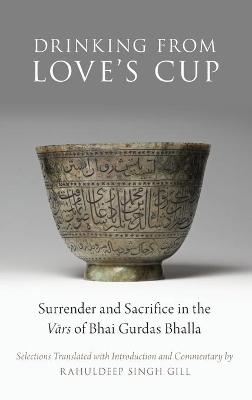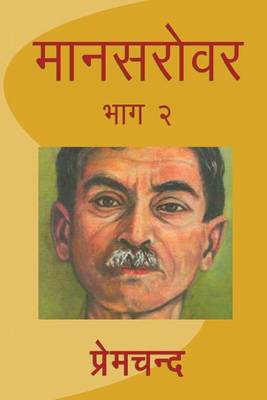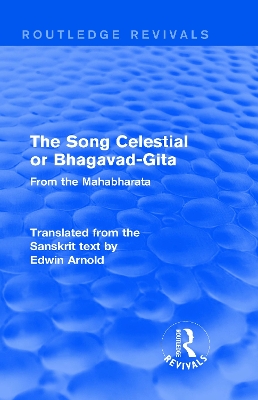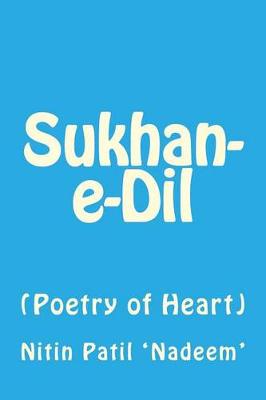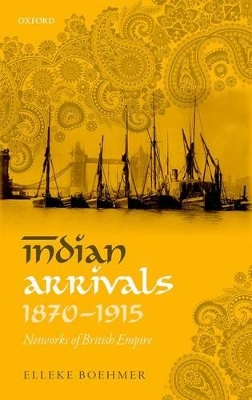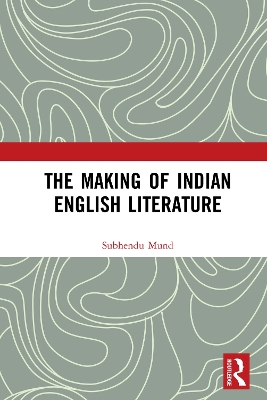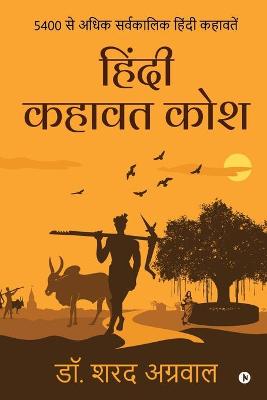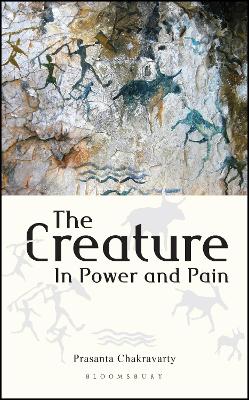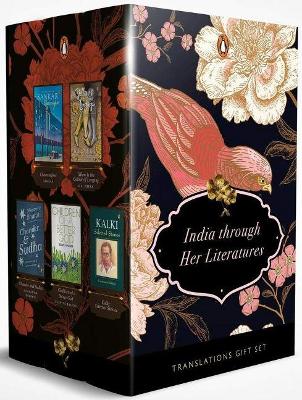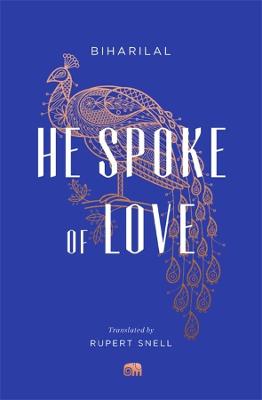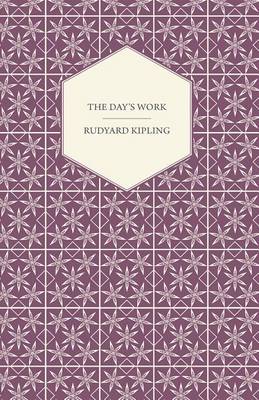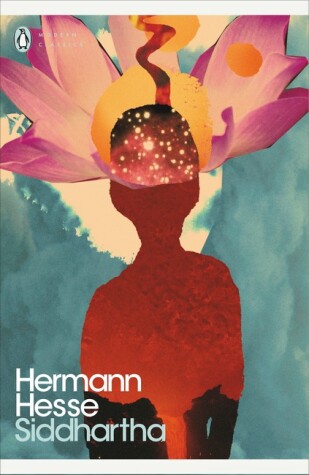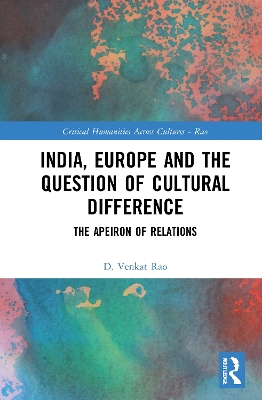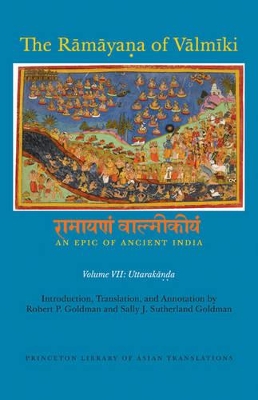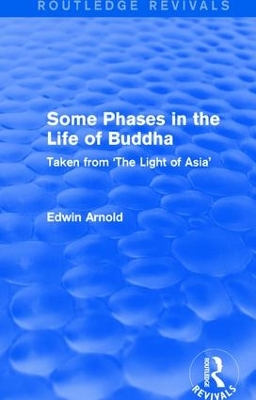Routledge Revivals: The Song Celestial or Bhagavad-Gita (1906) (Routledge Revivals)
First published in 1909, this book presents an English translation of chapters 25-42 of the Bhishma Parva from the epic Sanskrit poem Mahabharata — better known as the Bhagavad-Gita, reckoned as one of the "Five Jewels" of Devanagari literature. The plot consists of a dialogue between Prince Arjuna and Krishna, the Supreme Deity, in a war-chariot prior to a great battle. The conversation that takes place unfolds a philosophical system which remains the prevailing Brahmanic belief, blending the d...
Volume VI, No. 8 (Castellano-Hoyt Presents a New Look at Old Issues, #6)
by Donald Castellano-Hoyt
Contemporary Gender Formations in India
A Passage to India (1924) and The Machine Stops (1909) Unabridged editions
by E M Forster
Drinking From Love's Cup (AAR Religion in Translation)
Bhai Gurdas Bhalla (d. 1636 CE) is widely considered the most important non-canonical poet in Sikh history, having shaped the theology and ethics of the tradition for centuries. His beautiful poems, which offer an authoritative illustration of Sikh life in the early seventeenth century, defined Sikh identity during a tumultuous period of upheaval. In Drinking from Love's Cup Rahuldeep Gill brings together for the first time a collection of the revered poet's early work, masterfully translated in...
Routledge Revivals: The Song Celestial or Bhagavad-Gita (1906) (Routledge Revivals)
by Edwin Arnold
First published in 1909, this book presents an English translation of chapters 25-42 of the Bhishma Parva from the epic Sanskrit poem Mahabharata — better known as the Bhagavad-Gita, reckoned as one of the "Five Jewels" of Devanagari literature. The plot consists of a dialogue between Prince Arjuna and Krishna, the Supreme Deity, in a war-chariot prior to a great battle. The conversation that takes place unfolds a philosophical system which remains the prevailing Brahmanic belief, blending the d...
Indian Arrivals 1870-1915: Networks of British Empire explores the rich and complicated landscape of intercultural contact between Indians and Britons on British soil at the height of empire, as reflected in a range of literary writing, including poetry and life-writing. The book's four decade-based case studies, leading from 1870 and the opening of the Suez Canal, to the first years of the Great War, investigate from several different textual and cultural angles the central place of India in t...
The Making of Indian English Literature brings together seventeen well-researched essays of Subhendu Mund with a long introduction by the author historicising the development of the Indian writing in English while exploring its identity among the many appellations tagged to it. The volume demonstrates, contrary to popular perceptions, that before the official introduction of English education in India, Indians had already tried their hands in nearly all forms of literature: poetry, fiction, dram...
The Rāmāyaṇa of Vālmīki (Princeton Library of Asian Translations, #160)
The seven hundred poems of the Hindi poet Biharilal's Satsai weave amorous narratives of the god Krishna and the goddess Radha with archetypal hero and heroine motifs that bridge divine and worldly love. He Spoke of Love brims with romantic rivalries, clandestine trysts, and the bittersweet sorrow of separated lovers. This new translation presents four hundred couplets from the enduring seventeenth-century classic, showcasing the poet's ingenuity and virtuosity.
This collection contains twelve stories that focus on the value of work, the sea, animals, children, England, and America, including "A Walking Delegate," "The Bridge-Builders," "The Tomb of His Ancestors," and "William the Conquerer," among others.
Hermann Hesse's moving and inspirational chronicle of spiritual enlightenment, with an introduction by Paulo Coehlo Siddhartha is perhaps the most important and compelling moral allegory our troubled century has produced. Integrating Eastern and Western spiritual traditions with psychoanalysis and philosophy, this strangely simple tale, written with a deep and moving empathy for humanity, has touched the lives of millions since its original publication in 1922. Set in India, Siddhartha is the st...
India, Europe and the Question of Cultural Difference (Critical Humanities Across Cultures)
by D. Venkat Rao
This volume critically engages with the question of cultural difference and the idea of living with diversity in the context of India and Europe. It looks at certain essential European categories of learning such as art, nature, the human, literature, relation, philosophy, and the humanities and analyses texts from Sanskrit language (through Telugu resources) to argue that categories like prakriti, loka, jati, dharma, karma, sahitya, kala,etc. cannot be conflated with conceptual formations such...
The Rāmāyaṇa of Vālmīki: An Epic of Ancient India, Volume VII (Princeton Library of Asian Translations, #7)
The seventh and final book of the monumental R?m?ya?a of V?lm?ki, the Uttarak???a, brings the epic saga to a close with an account of the dramatic events of King R?ma's millennia-long reign. It opens with a colorful history of the demonic race of the r?k?asas and the violent career of R?ma's villainous foe R?va?a, and later recounts R?ma's grateful discharge of his allies in the great war at Lank? as well as his romantic reunion with his wife S?t?. But dark clouds gather as R?ma, confronted by s...
Some Phases in the Life of Buddha (1915) (Routledge Revivals)
by Edwin Arnold
First published in 1915, this book presents a dramatization of part ofthe author's The Light of Asia. The original text represents one of the first successful attempts to popularise Buddhism and its founder Gautama Buddha — presenting his life, teachings and philosophy in verse poetry. This adaptation dramatizes part of the The Light of Asia and includes staging instructions, properties required, illustrative drawings of suggested costumes, and incidental music composed specifically for the piec...
The Second Jungle Book (Jungle Book, #2) (Jungle Books, #2)
by Rudyard Kipling
The Second Jungle Book continues the classic Mowgli stories and poems of the first Jungle Book, but unlike the previous volume includes outstanding stories that explore themes outside the life of jungle creatures. This volume also includes as an appendix "In the Rukh," the first Mowgli story to be published.
